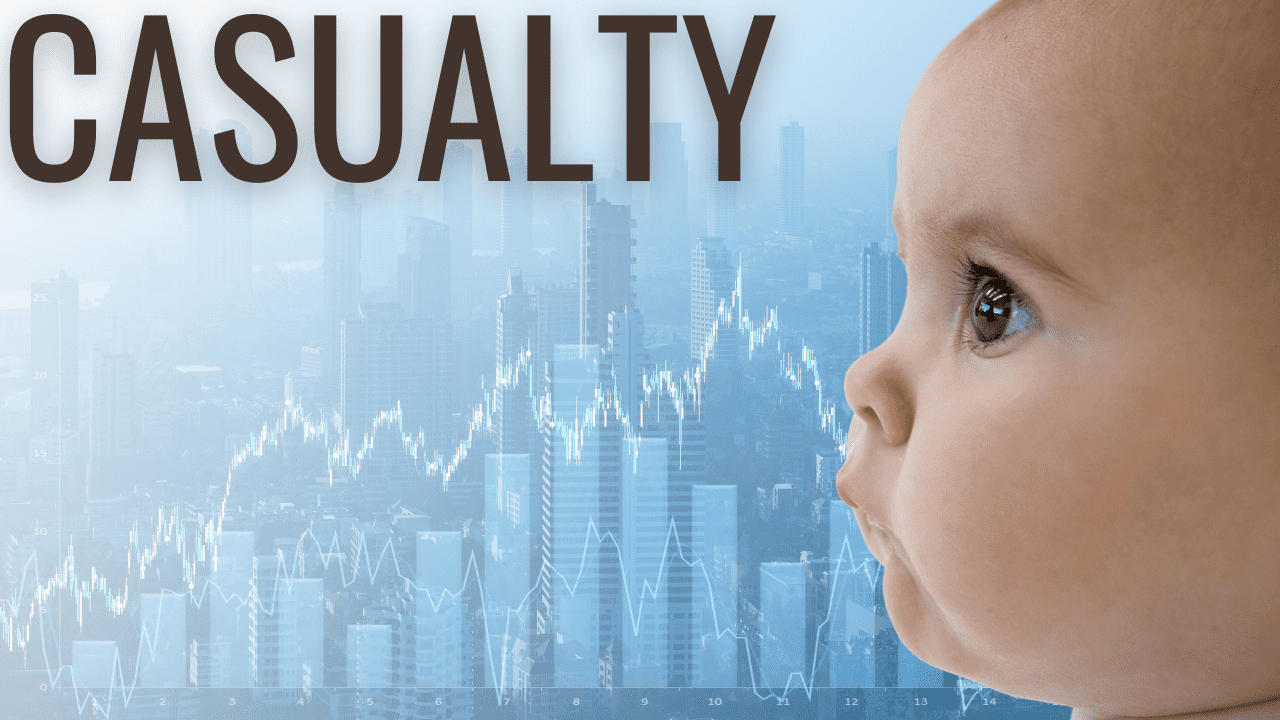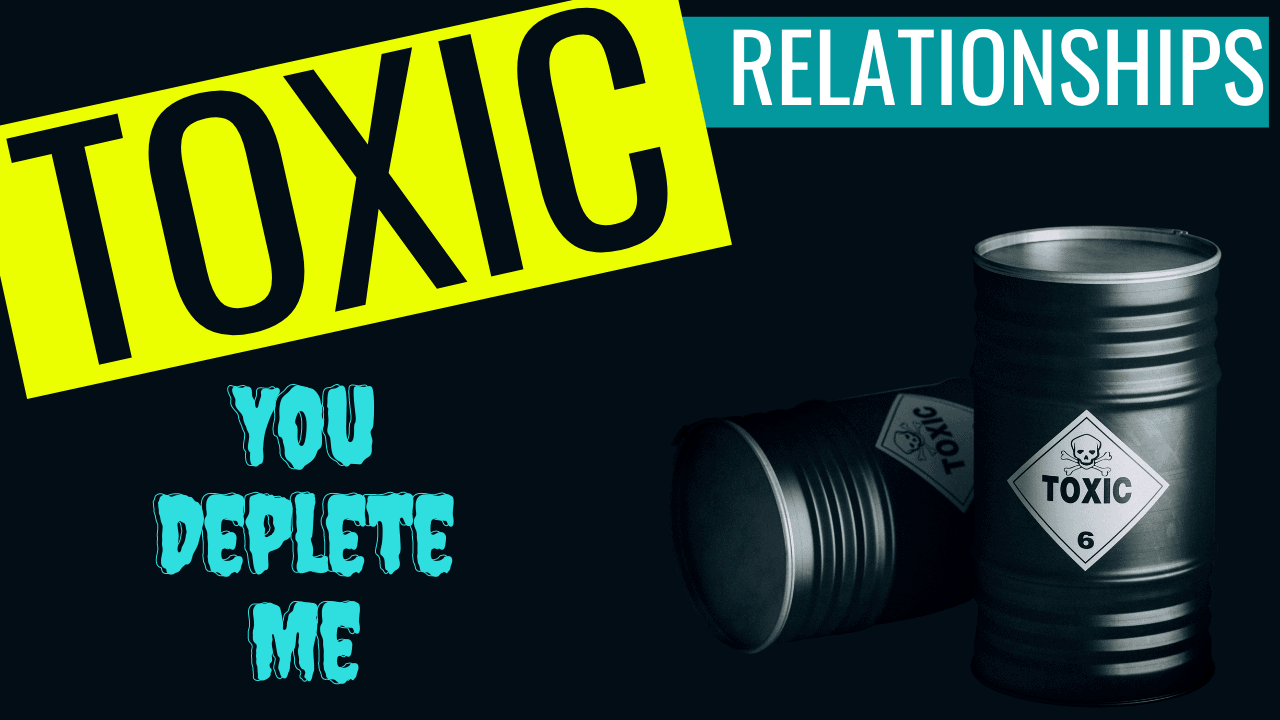Those in power have conceived a grand plan to enact a post-human holographic “reality” and harness life on our planet into a bio-electrical control grid. They have crafted this plan over decades, and most of us can tell we are running the final laps of this race. As the noose of cyborg avatar capitalism tightens, the predator class is focussing their imperative to keep us distracted, anxious, and angry with each other. Treats are tossed out to reward compliance and maintain the pecking order, both digitally and materially.
Those setting up social impact markets have a morally bankrupt understanding of the poor. Somehow the systems engineers who are carrying out the bidding of global finance, disconnect from their humanity and are able to reduce the poor to data commodities. From 1 July, 2022 the Australian government is introducing a system called the Points Based Activation System (PBAS) which means JobSeeker recipients will only receive their welfare payment if they accumulate 100 points per month. A person is awarded five points for every job application they submit, and 20 points for an interview, with varying points given for other employment-related activities. Concerns have been raised about the transparency of this system and the fairness of points allocation. Those in casual or part-time employment are entitled to five points for every five hours of work.
Many who depend on JobSeeker have disabilities. Many have unpaid caring responsibilities and/or lack access to transport. All struggle to pay housing costs and make ends meet. In what has been described as “the Hunger Games meets Black Mirror,” if 100 points are not reached, the system will simply cut off payments. This is a system built to punish the most vulnerable at a time when they need the most help. In this way, the poor are consigned to attempt to live lives engineered for “measurable success,” at least according to the terms of the outcomes-based contracts through which they are processed. The “impact” exerted on their lives is not intended to materially benefit them. Rather, it serves to further concentrate global capital into the hands of the greedy elite. The poor will be digitally monitored and predictively profiled so that any symptoms of unrest can be neutralised pre-emptively. The poor must exist for the social impact game to function, with minimal investment made in them. Only the bare essentials are required to keep the machine running smoothly. For the masses, there’s no way out. It’s a one-way ticket to perpetual serfdom.
“He came into the world like a delivery that no one knew what to do with,
and nobody wanted to sign for.”
― Obert Skye
Where's My Package?
United Parcel Service (UPS) is an innovator in labour automation and sensor-based tracking. In an article from May 2018 titled, “UPS Makes Brown the Colour of the Internet of Things,” the multinational intends to incorporate “smart” IoT sensors and data analytics to “optimise” every aspect of its business operations for smart city redesign. Similar to Amazon warehouse workers, employees at UPS are increasingly subject to digital surveillance and monitoring on the job.
Workers report a growing sense of unease about the lean production, precarious labour, and ubiquitous digital surveillance. Their worries are well founded as evidenced by a recent contract IARPA (Intelligence Advanced Research Projects Activity) signed with Lockheed Martin, Notre Dame University and the University of Southern California to develop persistent, passive monitoring systems that can be used to predict worker performance. The project is called MOSAIC (Multimodel Objective Sensing to Assess Individuals with Context). For now, enough consumers are able to purchase items online and have them delivered, often by UPS, so the system continues to limp along. Eventually, however, that will change. There won’t be enough people with credit to buy enough things to keep the machine of global capital running. Once that happens, the sophisticated supply chain tracking system developed by UPS will no longer be used for Amazon packages. At that point, the masses will become the “packages” tracked for “impact” whether they like it or not.
“Your downfall is a preparation for your up-rise. If you don’t know this secret, you will remain on the floor, blaming your legs instead of your head!”
― Israelmore Ayivor
Guilty of Thought Crimes
2012 was the year the first social impact bond was executed in the US. Johns Hopkins University (my-my we have heard a lot from them haven’t we) hosted the annual conference of Stewards of Change. Stewards of Change is the main promoter of the interoperable data systems that will undergird the burgeoning human capital investment sector. Their 2012 conference had a systems engineering focus and featured talks from experts affiliated with the Johns Hopkins Applied Physics Lab, a human-computer research hub that maintains contracts with DARPA (Defense Advanced Research Projects Agency). Among these is the “Ground Truth” project that uses simulations and social media analyses to make predictions about future social movement activity.
While the masses are still reeling from the fallout of the scamdemic, the parasitic elite is investing in technological systems and legislative measures to allow them to maintain control during times of economic and civil unrest. They are watching the protests, convoys, and yellow vests. That’s what MOSAIC is for. This is why we are seeing increased digital surveillance and militarised policing in our communities. It will be a challenge to maintain control of the masses once they realise they are the raw material for social impact investing processing. The elite are getting ready. Meanwhile, the masses remain oblivious while they manage a slew of engineered day-to-day crises with little comprehension of what is on the way.
“Fascism should more appropriately be called Corporatism
because it is a merger of state and corporate power”
― Benito Mussolini
We Can Track That
The next logical step in the evolution of pay for success finance is to broaden the scope of interventions from individuals to families. Rather than focusing on a child that needs educational support, an incarcerated person planning to re-enter society, a veteran’s PTSD, or a substance user’s recovery, investors are developing new models that expand targeted populations and capture “impact” data across multiple lives. In this way, investors will leverage targeted (limited cost) investments in privatised public services to capture more metrics of “success” and thereby increase profit-taking. In fact, they are already doing it in Connecticut.
The Connecticut Family Stability project is a pay-for-success effort that launched in 2016. It targeted households where a parent was identified as having a substance use problem, and the child had involvement with the state’s Department of Children and Families. The Family-Based Recovery program was utilised, and an in-home treatment was developed in 2006 by the Yale Child Study Centre in partnership with Johns Hopkins University for the Connecticut Department of Children and Families. The deal, lauded by the US Department of Health and Human Services, the Office of National Drug Control Policy, and the Office of Social Innovation and Civic Participation, attracted investment not only domestically (the Non-Profit Finance Fund, Arnold Ventures, and the Reinvestment Fund), but also from overseas, namely, France (BNP Paribas) and Australia (QBE Insurance). This was the first US venture taking advantage of the dire opioid crisis to create a global impact investment vehicle using pay-for-success finance. The deal was particularly attractive for investors because impacts were captured on both the recovery of the parent and improved outcomes for the child.
“A system is corrupt when it is strictly profit-driven, not driven to serve the best interests of its people, but those of multinational corporations.”
― Suzy Kassem
Issuing Bonds to Invest in People
In 2018, Tina Rosenberg, co-founder of Solutions Journalism Network wrote an article called Issuing Bonds to Invest in People. It spoke glowingly of the project and the $11.2 million investment BNP Paribas made in it. It’s basically a puff piece promoting innovative finance and a background on social impact bond mastermind Sir Ronald Cohen. It pitches the wonders of his “what works” approach and data-driven outcomes. Rosenberg describes teams of social workers deployed to hundreds of people’s homes. Parents were required to urinate in a cup three times a week. The counselling provided to these families, most of whom earn less than $10,000 per year, could last “up to an hour.” The piece attempts to make it sound comforting and convenient. However, having an official of the state in your home every other day for six months, collecting your urine, monitoring your parenting and deciding whether or not you can keep your family together must have been an absolutely harrowing experience.
The “success” metrics for the program were #1 clean screens #2 fewer reports of mistreatment and #3 reduced foster care placements. It doesn’t take a genius to see how easy it would be for those metrics to be gamed. Even if the parents were able to stay clean for the specified period of time, they were still left attempting to care for their children on an impossible income. Of course, that essential fact is not addressed by the “family STABILITY project;” as if one could achieve stability without a living wage and ongoing family support. Here’s the thing: the government and the investors are the ones who get to set the terms of “success,” and in the business of speculative human capital finance, metrics are not established to serve the interests of “at risk” populations. Interesting timing then, on 1 June 2022, Canada announced it is decriminalising cocaine, meth, MDMA and other drugs under a 3-year trial. The government plans to “analyse the exemption and may make real-time adjustments if changes are required.”
“Growth for the sake of growth is the ideology of the cancer cell.”
― Edward Abbey
Pillaging the Poor
A 2016 Obama White House report describing “opportunities” for leveraging pay-for-success to address the opioid crisis was published. Page twenty-one outlines “next steps.” The depravity of the “pay-for-success” approach can be seen in the language used. The authors recommend identifying “which agencies would benefit from a reduction of opioid misuse” and “potential sources of economic benefit.” There is nothing at all about the people being harmed. There is no moral argument made about providing treatment, merely because everyone deserves to be treated humanely. The primary focus was identifying a cost-offset that could be easily tracked to generate a solid rate of return for investors. These parasites don’t care if people are truly cured as long as the numbers on the dashboards allow them to claim “success” and take their profit.
A true parasite will never let a humanitarian crisis go to waste. Predators made fortunes by improperly prescribing pills. More money was made on recovery programs, but even that wasn’t enough. They added “creative financing solutions” that permit MORE profit to be extracted based on program outcomes. So the tentacles of pay-for-success continue to extend their reach, grasping at the misery of the masses and using their pain to further concentrate wealth and power in the greedy hands of an elite transnational class. All the profit accrued from the supposed “success” of “evidence-based” interventions ultimately gets redirected to those at the top. Everyone at the bottom is compelled to attempt to survive on fewer and fewer resources. The Connecticut families struggling with addiction on less than $10,000 this year are likely to be in the same boat next year, but with a few thousand less dollars in their pocket. That money, of course, will be sitting as an outcomes-based “success” payment in the coffers of BNP Paribas or QBE Insurance or some other financier, ready for the next go around.
Pay-for-success does not advance the redistribution of resources. It does not ensure people have access to what they need to survive. It is not designed to ameliorate the harm wrought by manufactured poverty. The concept of “success” is a false promise if “succeeding” means the rich always get richer and the poor always get poorer. Meanwhile, manufactured social media skirmishes contain us within their game, keeping us reactive and depriving us of time for introspection. Only once we detach from the military-intel hivemind, can we come to know our own hearts and minds outside their subtle AI nudge systems. It takes a strong will to pull away and listen to that inner voice, the one in tune with the creative force of the universe.
“You’re radically collaborative, profoundly empathetic, and deeply communal. Everyone who tells you anything different is selling the fear that is the only thing that can break that nature.”
― Hank Green
Better Together
It can ‘feel’ like everyone is at each other’s throats, but much of what you see online is fake, it’s the AI at play. In reality, there are powerful communities everywhere that build people up, not knock them down. Humanity is in need of healing and we don’t heal in isolation, we heal in community. Common bonds of respect and mutual cooperation allow us to flourish around different people. If we don’t have a community, then what do we really have? Supportive social networks protect us from stress and help us to feel like we belong. Being on the outside or unable to be a part of something can feel alienating and isolating. Being connected to a community can be a positive influence on your personal and professional life.
When it functions properly, a community can be a really powerful way for people to feel accepted and validated. We have more in common than that which divides us, but that doesn’t mean that people have given up being douchebags – when people don’t stick to common rules of decency, it can affect a whole community. So, what does it take to be a good community member?
Listen
Making connections with others is about listening to different viewpoints and having good conversations. It’s amazing how many people you come across that don’t actually have proper conversations with people – they simply speak at someone and pretend to listen until they can speak again. Actively listen and engage with what others are really saying – you’ll build more authentic relationships and uncover places where you can add value.
Contribute
Communities survive and thrive when everyone contributes. It’s not about joining a community to take something from it and see how it can serve you. Think about how you can help others or add something positive and in turn, something good might come your way. Speak up when it’s relevant and be open to new ideas. When everyone contributes, massive action can be taken to truly transform systems and lives for the highest good of all concerned.
Accept
Conscious Leaders accept that not everyone holds the same views as us about a topic. We learn to balance opposite perspectives in our minds without reacting. We know we can only meet some people where they are, and that’s okay. Accept that other people have different information and experience. You learn more about yourself and your ideas by listening to others. It’s also important to accept where you are right now. Only by becoming fully present to the current situation can you move forward into something brighter and more life-affirming for all.
“Where there is not community, trust, respect, and ethical behaviour are difficult for the young to learn and also for the old to maintain.”
― Robert K. Greenleaf
Conscious Community
Seeking genuine belonging instead of simply “fitting in” is crucial for us to find meaning. We are not made to exist in isolation. Every single person on the planet needs connection, encouragement, and healthy relationships to enrich our lives. From that supported space, we can contribute on a broader level. The very essence of true community is to meet each other where we are right now and show up together to see how we can make a difference. The desire to shrink and hide only makes us play small and eliminates the beautiful opportunity we have to influence and serve our community, even when we’re hurting. Life does not happen while we’re hiding. It happens when we choose to show up, despite the circumstances. These are end-times. This is not easy for anyone. However, conscious leaders dig deep and pull back the covers. We start where we are with what we have. Choose to be part of something bigger than yourself. Help us stare humanity out of the jaws of the greedy few and into a world that is based on love, truth and possibilities for all, thriving in the wonders of the natural world. Together we rise.
“If you possess enough courage to speak out what you are, you will find you are not alone.”
― Richard Wright






